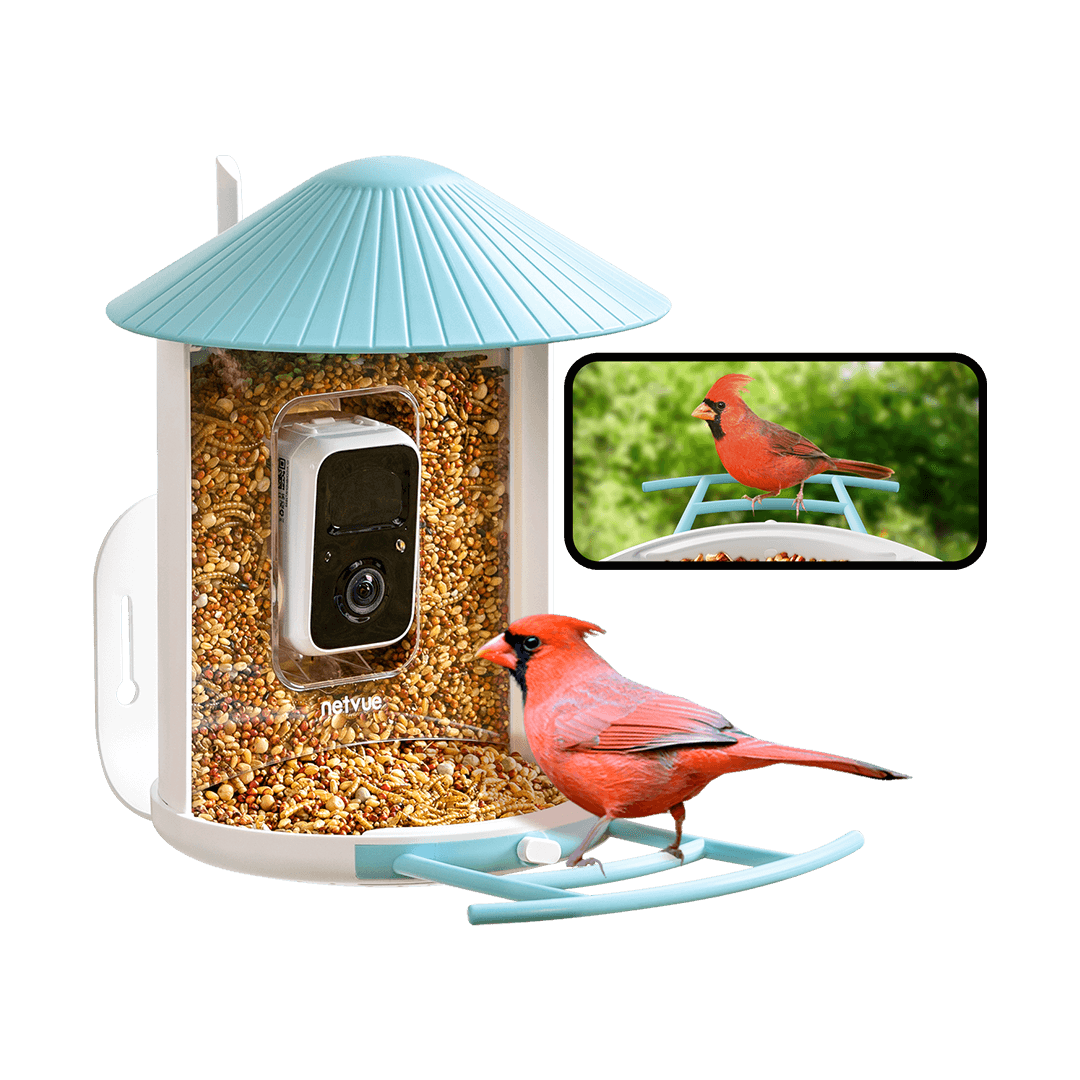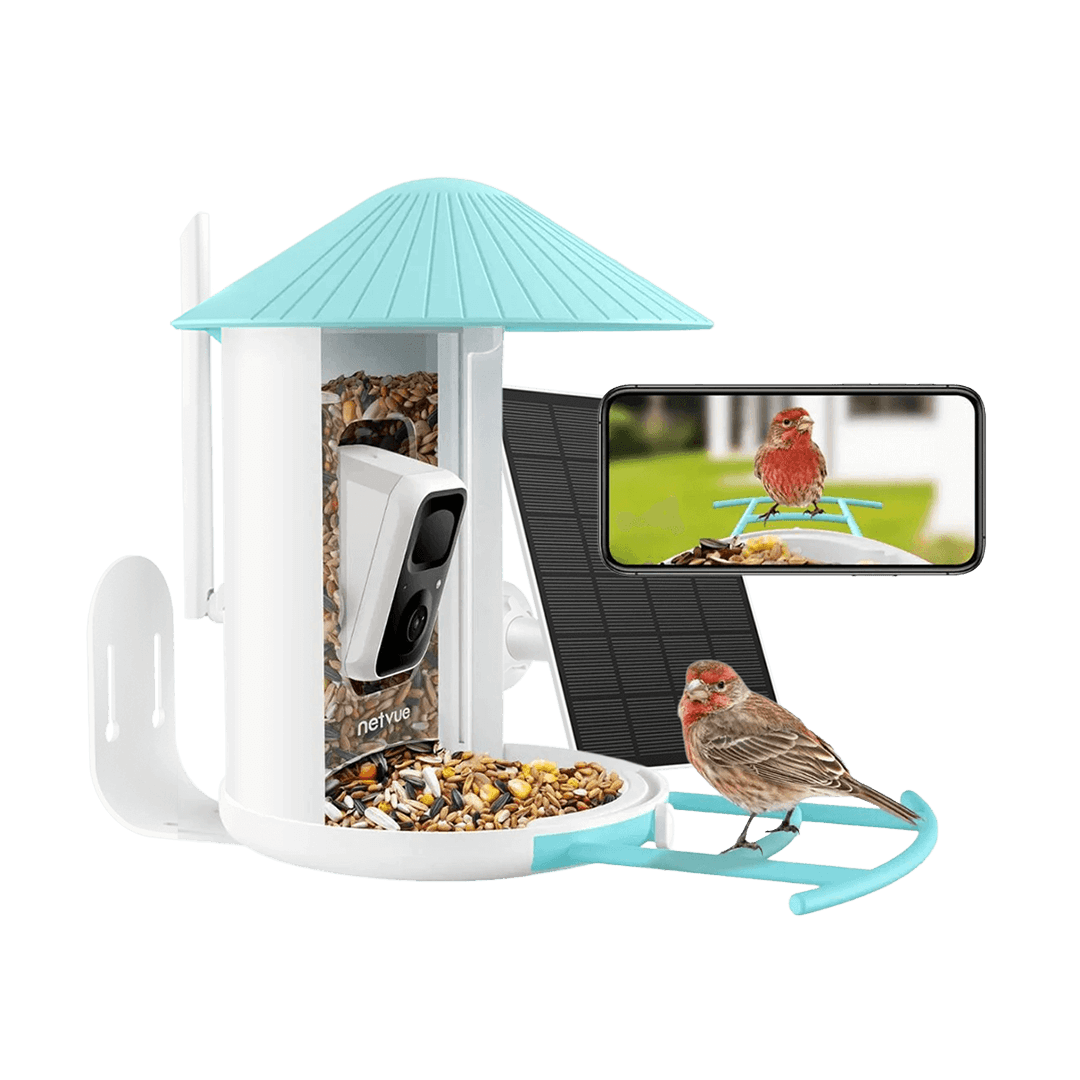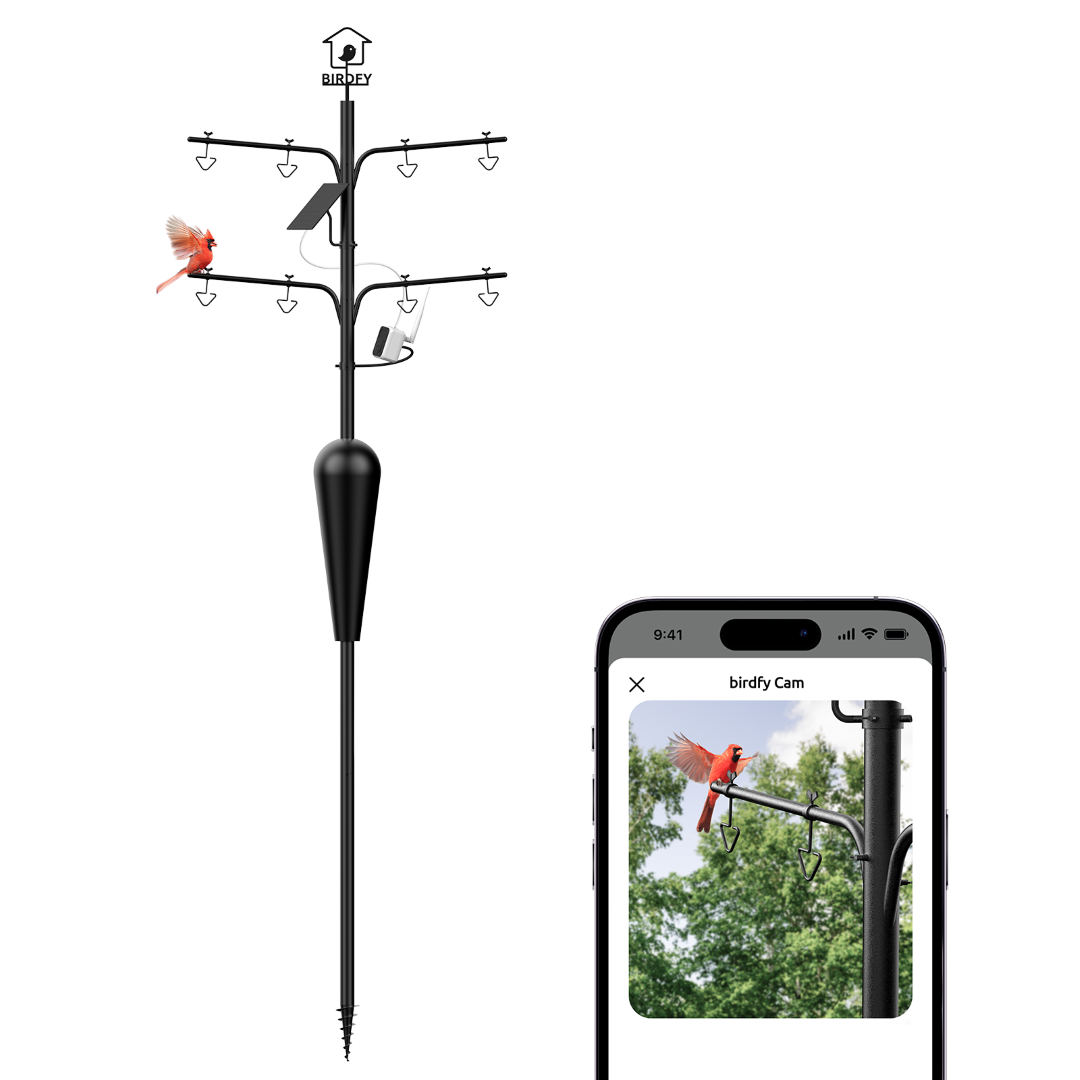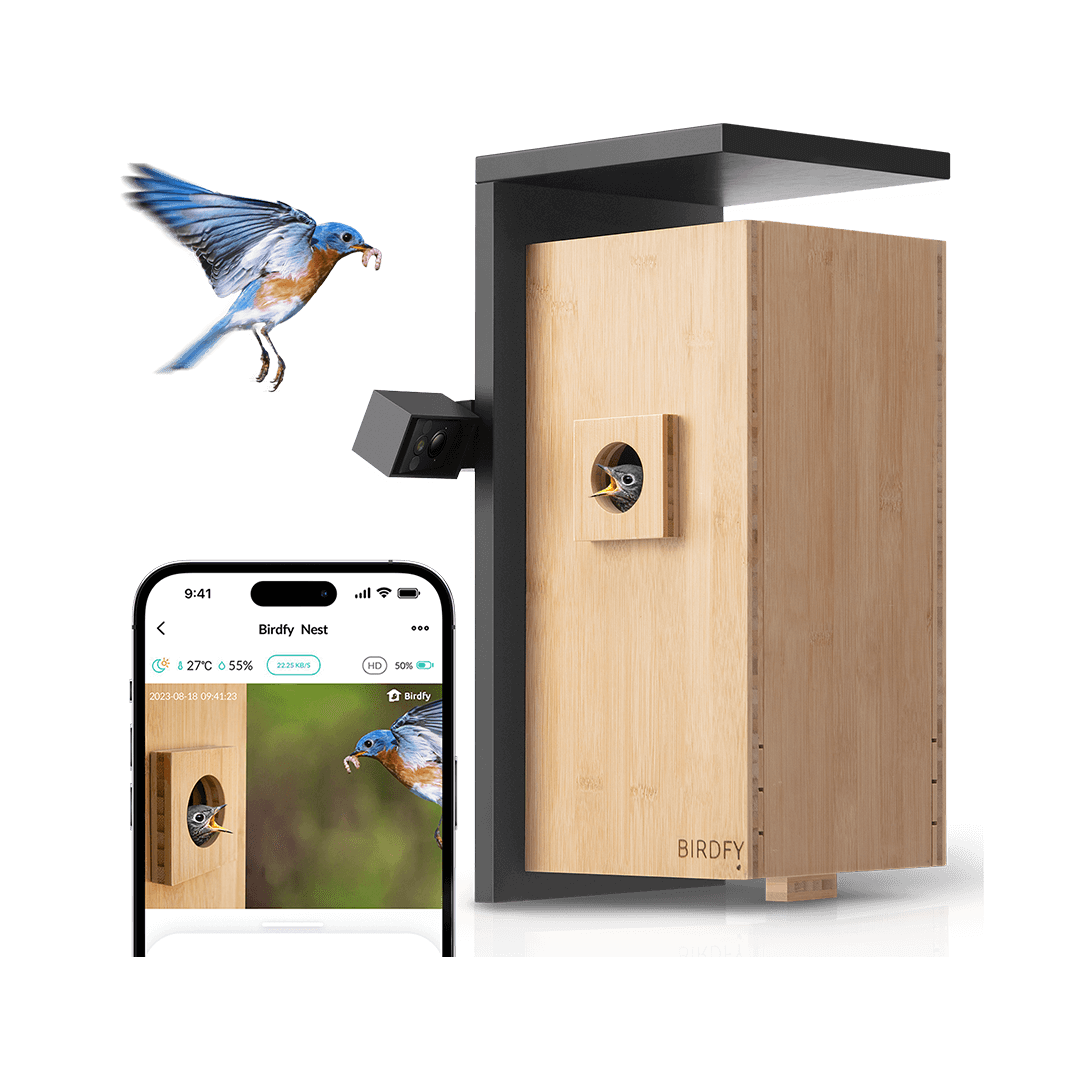What is the Best Way to Help Birds During Winter?
Winter's arrival brings heavy winds and snow, transforming the land dramatically. While we seek warmth indoors, it's crucial to acknowledge the challenges faced by our avian friends. In this article, we will explore birds' condition during winter and discover practical steps we can take to support them. Join us in recognizing our role in helping our feathered friends thrive during this harsh season.
Why Do Birds Need Help in the Winter?
During winter, birds face significant challenges, including food and water shortages, severe weather, and limited daylight. Freezing rivers and lakes make finding drinkable water sources difficult. Harsh temperatures deplete natural food sources like insects and berries, while limited daylight reduces their foraging time. Decreased vegetation leaves birds without adequate shelters, compromising their warmth and safety at night. Additionally, migratory birds undertake journeys spanning thousands of miles, requiring temporary stopover sites and feeding stations to refuel and continue their grueling flight. Winter poses formidable challenges for avian creatures, emphasizing the importance of our efforts to help these adorable winged friends survive and thrive in the season.


What Do Birds Need in Winter?
To overcome the challenges faced by birds during winter, they require additional resources such as food, water, and shelters. Refer to our article on feeding birds in winter for detailed guidance on selecting the right seeds. Join us in the following sections as we provide suggestions for other specific efforts to assist birds in navigating through the winter season.
How Can You Help Birds Survive the Winter?
How Can You Help Birds Survive the Winter?
Supporting birds during winter requires a comprehensive approach and dedicated effort. Remember, even small contributions make a difference. Before delving into three key suggestions to enhance birds' winter well-being, let's address a common concern: can we put bird feeders outside during winter? Some may worry that feeders could disrupt migratory patterns. However, rest assured that bird feeders are unlikely to significantly impact broader avian migration. Birds are driven to migrate by both environmental factors and intrinsic genes, which override the influence of man-made food stations. With that clarified, let's explore the three main aspects through which you can assist both resident and migratory birds during the winter season.

1 Offering Food and Water

2 Providing Suitable Habitats

1 Offering Food and Water
One effective way to support birds during harsh winter conditions is by providing them with food and water. Hang feeders filled with energy-rich food to help sustain birds in the cold. Ensure the feeder remains full and the seeds are nutritious to nourish the shivering birds. Consider placing the feeder in a sheltered location, such as under a tree, a shed, or a covered porch or eave, to shield it from strong winds and heavy snow. While it's important to provide cover, ensure the feeder still receives some sunlight to prevent it from being entirely covered. To maintain optimal temperature, you may even place the feeder near light fixtures or lamps that emit gentle heat. Remember to regularly clean the feeder and promptly replace or refill the food. If you have a hummingbird feeder, ensure it is full in the early morning to support these tiny visitors.

Water is equally crucial for birds during winter. With lakes and rivers freezing over, birds struggle to find drinkable water and sources for cleaning themselves. You can help by providing a shallow dish of warm water as a heated bird bath. Not only will this aid their survival, but it will also attract more birds to visit. Don't worry about water wetting the birds, as they have oil-producing glands that naturally make their feathers waterproof. Remember to regularly refill the water bath and ensure it remains warm enough to be beneficial for the birds.
2 Providing Suitable Habitats
Creating a suitable habitat for birds is essential in attracting them to your feeders. Here are two key aspects to consider:
-
Hospitable shelters and nesting boxes
Birds that prefer enclosed cavities, like downy woodpeckers and chickadees, will appreciate the presence of birdhouses and nesting boxes. These structures provide safe and comfortable spaces for birds to nest and raise their young. Additionally, simple stick piles and stacked-up wood branches can serve as roosting spots for birds. When tidying up your backyard, avoid removing all leaf litter, as it serves as a valuable food source for songbirds, including insects and their eggs.


-
Natural landscaping and edible plantings
Familiarize yourself with native plants that are bird-friendly and thrive during the winter season. Incorporate these plants into your garden to create a natural and attractive environment for birds. Native plantings not only entice birds but also offer them hiding spots from predators. Consider planting evergreen trees and shrubs that produce edible berries, as they provide food sources for birds. By setting up suitable shelters and incorporating natural plantings, you can make your garden an appealing destination for birds.
3 Engaging in Bird Education and Conservation Projects
3 Engaging in Bird Education and Conservation Projects
To foster a deeper connection with our adorable feathered friends, it is essential to equip yourself and those around you with adequate knowledge about birds. This ongoing effort is not limited to harsh months like winter but extends throughout the year. There are various ways to engage in bird education and conservation, such as volunteering for bird surveys with your family or actively participating in local bird conservation organizations. These activities not only contribute to the preservation of bird populations but also provide enriching experiences and opportunities to learn more about these fascinating creatures.

End Word

End Word
By implementing the aforementioned approaches, we can extend our warmth and care to our beloved birds, forging a stronger bond with the natural world that envelops us. Despite the challenges posed by the winter season, it presents an opportunity for us to unite, driven by our passion for these remarkable and resilient creatures. We invite you to join us on this journey of appreciating the beauty and significance of our feathered friends, as we strive to make each day a bit brighter for them in even the harshest of seasons.






